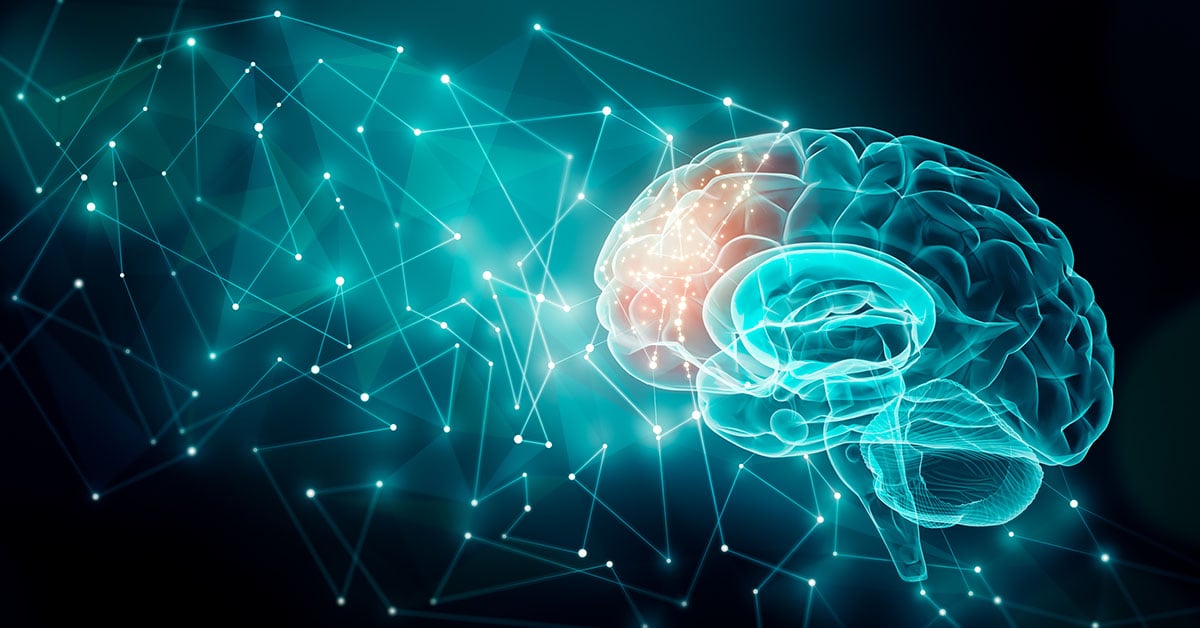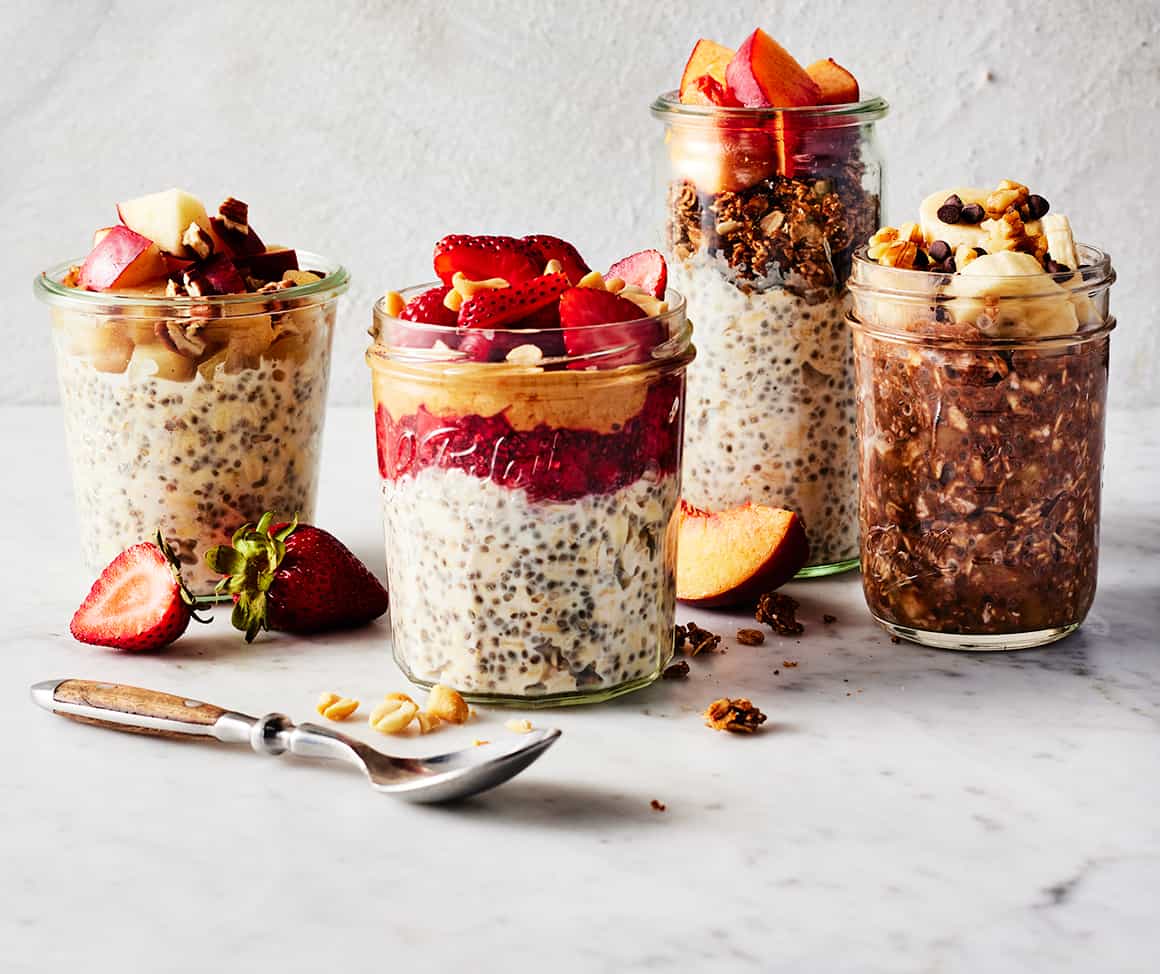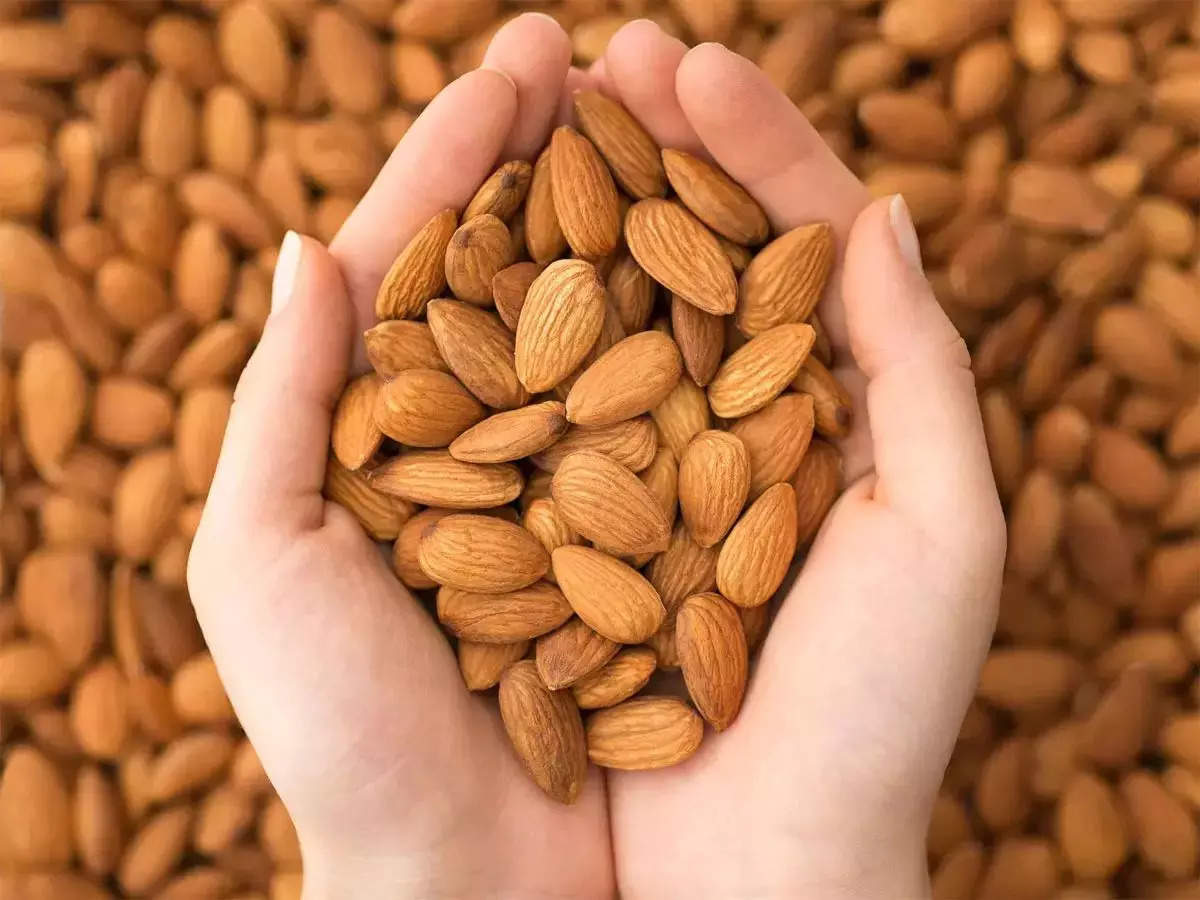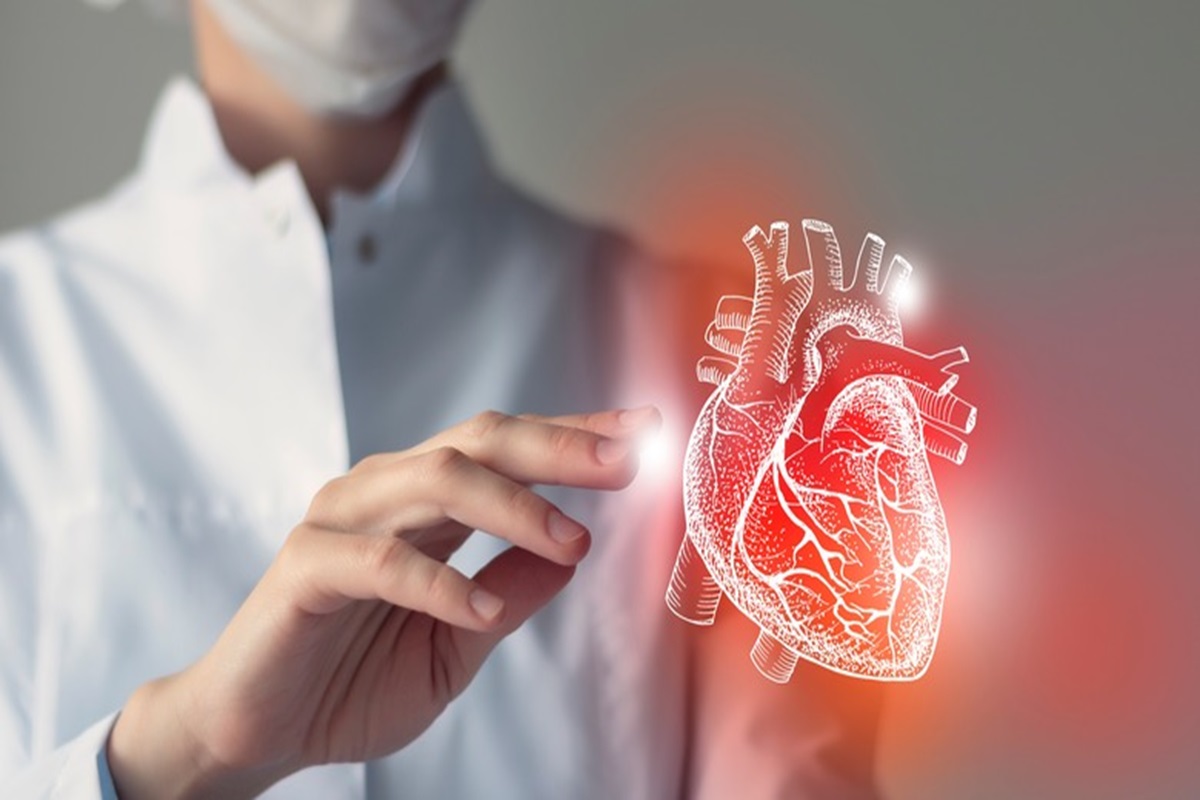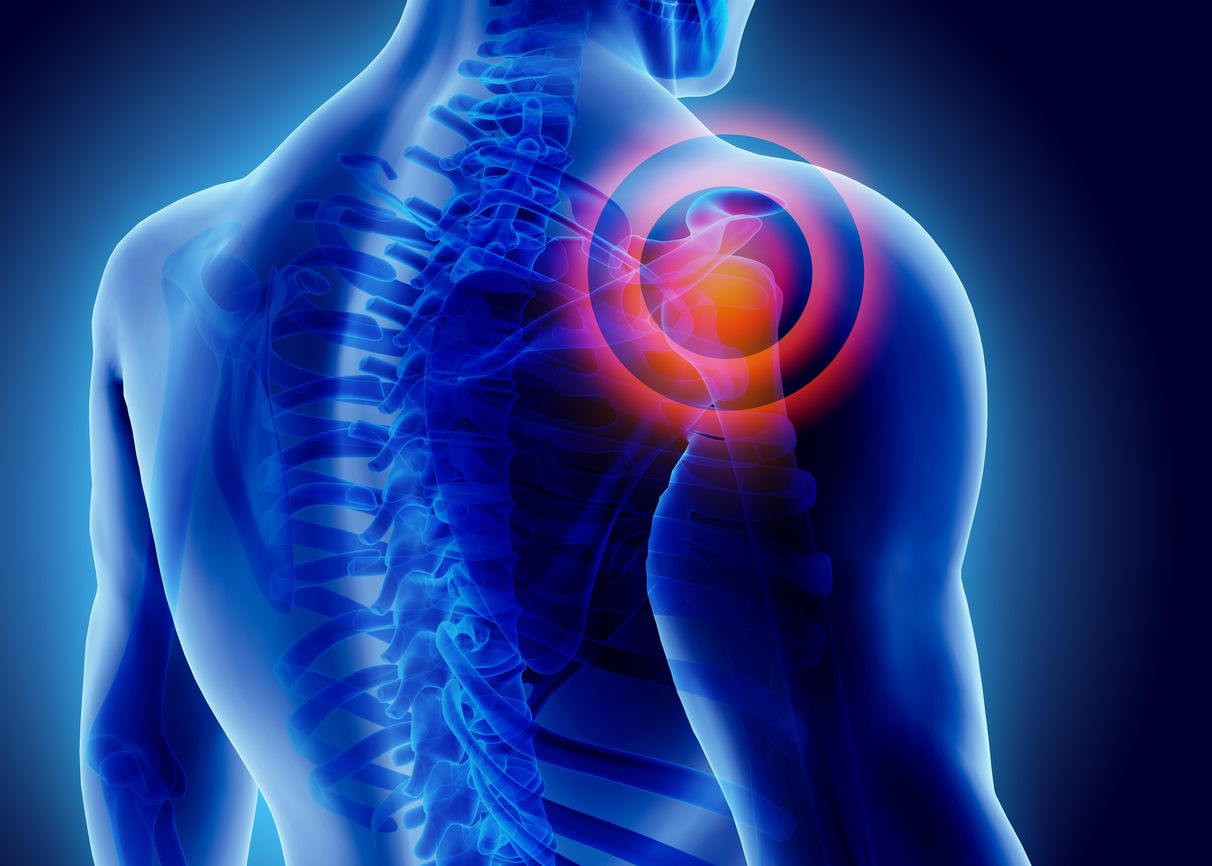If you want tasty pita bread better than what you buy, try making it yourself! You can bake them in the oven and watch them puff up like clouds, or cook them in a skillet for soft and fluffy flatbread. This easy recipe has lots of tips to help you along the way. These homemade pitas turn out soft and fluffy. When you bake them, they create the perfect pocket for filling with hummus, falafel, and more.

We’ve been searching for a great pita bread recipe for a while, and we found it. This recipe swaps baking powder for yeast, making the pita taste amazing and helping create that airy pocket. With just a few simple ingredients like flour, warm water, instant yeast, sugar, and salt, you can make fluffy, soft pita bread ready for sandwiches or dipping.
To make pita bread with a nice pocket, we need yeast. Activate it by mixing warm water, yeast, and sugar in a bowl. Wait for 5 to 10 minutes until it froths and bubbles. Then gradually add flour and salt, gently knead the dough in the bowl, cover it with a towel, and let it rise in a warm spot for an hour until it doubles.
Once the dough has doubled, divide it into six equal pieces. Roll each into a smooth ball, then flatten into disks. Use your fingers to flatten the dough gently to keep as many air bubbles as possible. Let the dough rest, and then you’re ready to cook them.
You can cook pita bread in two ways: in a skillet on the stove or bake them in the oven. The skillet makes soft pita without a big pocket, like what you see at Greek restaurants. If you want a big, tall pocket, bake them instead. To cook pita bread on the stove, heat a heavy-bottomed skillet over medium heat, add some oil, and then cook the pitas until they’re blistered on both sides and cooked in the middle.
To bake pita bread in the oven, preheat your oven to 475°F (246°C). A hot oven is key to getting that pocket. Cook the pita bread on a pizza steel or baking sheet until they puff up and turn light brown around the edges. You can store pita bread at room temperature for up to 2 days or freeze it for up to 3 months. To warm it up, bake it in a 350°F oven, wrap it in a damp paper towel and microwave it, or heat it in a dry skillet on the stove.
If you’re having trouble getting your pita bread to puff up, make sure you’re using active yeast and that your oven is preheated for at least 30 minutes. Stovetop pita bread is delicious but less likely to puff up. For the best chance of achieving a pita pocket, bake them in a preheated oven.
You can fill your homemade pita bread with all sorts of delicious things! Try hummus, baba ganoush, tzatziki, spinach artichoke dip, labneh, falafel, grilled chicken, veggies, seared halloumi cheese, roasted red pepper hummus, or smashed chickpea salad. Making your own pita bread is fun, easy, and delicious.

